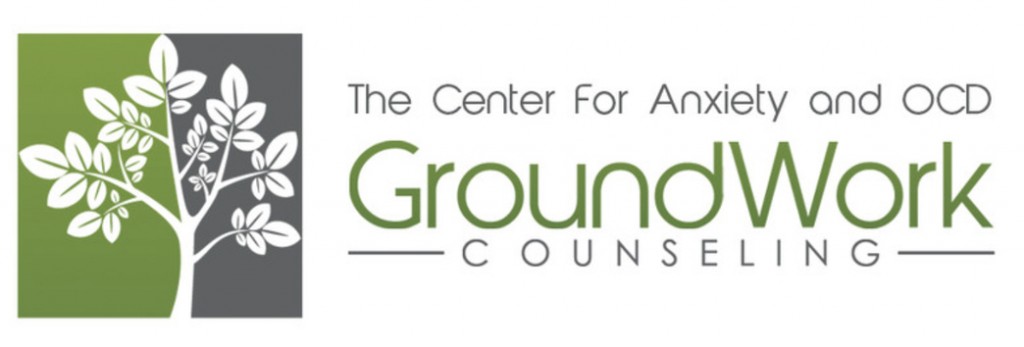Treatment of Anxiety Disorders

Orlando Therapists at GroundWork Counseling find that anxiety disorders are the most common issue for clients who are seeking counseling in Orlando. An anxiety disorder typically consists of symptoms of muscle tension, shortness of breath, heart palpitations, stomach problems, confusion, fear, poor memory and difficulty with concentration, and causes problems with occupational and social functioning, as well as difficulty in falling or staying asleep. 
Anxiety is a natural human response that is closely related to fear. Whereas fear is related to an identifiable external stimulus, such as an approaching hurricane or wild animal; anxiety is linked with a suppressed unconscious emotion and not an actual threat, for example, anxiety about an unresolved conflict or problem at work.
Anxiety and fear are both necessary warning adaptations that are a natural response in humans, alerting the individual to possible dangers. The amygdala, our old reptilian brain, is considered the “heart and soul of the fear system” and controls our survival responses, but unfortunately it often responds in an automatic, immediate way, overriding our new brain, the prefrontal cortex, which is rational and analytical. These automatic responses to threatening situations produce the body’s fight-or-flight response; the hippocampus then encodes these threatening situations into our memories, creating an anxiety response. This is where anxiety counseling utilizing cognitive behavioral therapy (CBT) comes in! Cognitive behavioral therapy focuses on the principle that our behavior and emotions are excessively influenced by our constant stream of thoughts and by how we choose to view situations. According to CBT, our schemas, or basic beliefs, are developed very early in life and consist of very basic units of thinking that are developed through our personal experiences with the world. Therefore, having negative or maladaptive schema or belief systems can greatly affect how we view the world and how we react to it. In addition, our automatic thoughts, which can be distorted, accurate, or distorted and accurate but dysfunctional, provide a constant stream of information that can cause anxiety and other types of emotional distress. Cognitive behavioral therapy attempts to help us to recognize the illogical beliefs and irrational thoughts that cause anxiety and replaces these cognitive distortions with healthier more adaptive methods of coping.
At GroundWork Counseling, located between Lake Mary and Winter Park, our anxiety therapists take on an active, guiding role in the therapy process. Together with our clients we formulate treatment goals that help to identify and correct dysfunctional thought patterns. Anxiety counselors often assign homework, which is considered to be of paramount importance in the cognitive behavioral therapy approach. Homework not only ensures continuity between sessions, but can integrate anxiety reducing skills such as deep breathing techniques, calming self-talk, meditation, and progressive muscle relaxation into daily routines.
When anxiety is severe enough to interfere with an adult or child’s every day functioning, it may be appropriate to consider treatment from an anxiety counselor that utilizes cognitive behavioral therapy techniques. Treatment that incorporates cognitive behavioral therapy, which focuses on understanding and changing thought maladaptive thought patterns, is a well-established treatment for anxiety disorders that has been found to be highly effective; evidence based research has found that this may be the best approach in the treatment of many anxiety disorders.
Finding The Right Help
It is important to interview your prospective therapist to find out if they are trained in CBT, and where they received their training. Some therapists are better at treating anxiety disorders than others. Their answers to your questions will be a good guide for you. You can begin by asking them about what types of techniques they use to treat anxiety. If the therapist doesn’t mention Cognitive Behavioral Therapy (CBT), or if they are vague, use caution. Be cautious of therapists who say that they use CBT but who won’t be specific in their techniques, or mention techniques such as ‘breathing/relaxation’ as these are not part of true CBT treatment. Be sure to ask about your therapists training and background in treating anxiety. A positive sign would be membership of the Anxiety and Depression Association of America, or a member of the Association of Behavioral and Cognitive Therapists (ABCT). Look for therapists who have sought post-graduate specialized training or certification in CBT and can provide you information regarding where they received their training.
Speak With An Orlando Anxiety Counselor
407-378-3000





